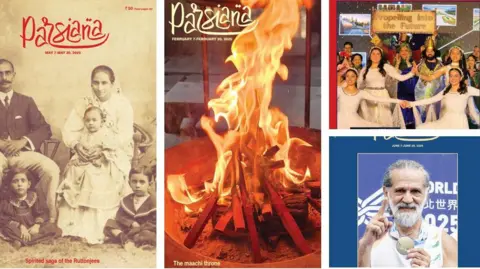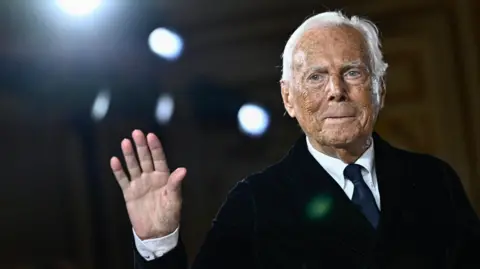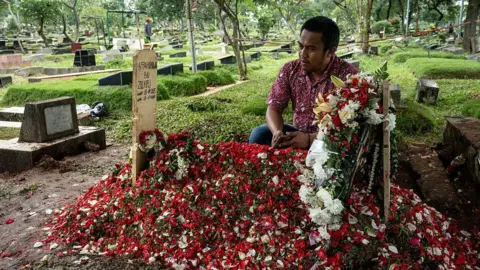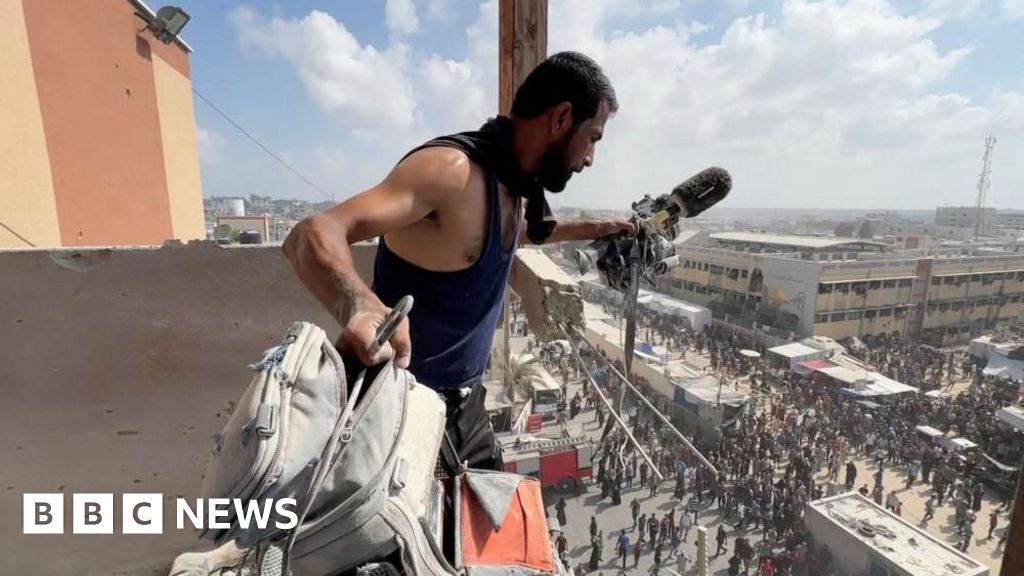April 21, 2025, will be remembered as a significant day for millions of Catholics and people around the globe as Pope Francis passed away at the age of 88 after suffering a stroke. The Vatican officially announced the news early in the morning, prompting immediate gatherings of mourners in St. Peter's Square to pay their respects to the church's first Latin American leader.
His death comes just a day after he made a public appearance in a wheelchair to bless the faithful during Easter Sunday services—an event that left many grappling with the suddenness of the tragedy. Francis’s passing highlights the leadership void for over a billion Catholics, with the church now faced with the urgent task of selecting a new pope who will carry on his vision of inclusion and social justice, or pivot back toward conservatism.
World leaders rapidly shared their condolences, emphasizing the substantial influence of his messages on compassion, humility, and equity. Cardinal Kevin Farrell, an American and likely administrator of the Vatican during this transition period, described the moment poignantly stating, “The Bishop of Rome, Francis, returned to the house of the Father.”
The unexpected nature of his death saw many expressing their grief; Marco Volpi, a tearful mourner, remarked, “We saw him yesterday. We did not expect such a tragic ending.” While the Vatican has not confirmed a funeral date, it has indicated a potential public viewing could be scheduled imminently.
Reflecting on his 12-year papacy, Pope Francis emerged as a champion for marginalized groups and the poor, often advocating for immigrant rights and interfaith dialogue. His death, serious and somber, leads to critical discussions about the future direction of the Catholic Church, particularly after an era marked by significant cultural shifts and opposition to established norms within religious communities.
In the coming weeks, the procedure of choosing a successor—historically characterized by ceremony and privacy—will unfold with the College of Cardinals gathering in Rome. Holding the decisive vote will be cardinals chosen and aligned under Pope Francis’ appointments, potentially shaping the church's course for decades to come.
As tributes continue to flow from leaders and citizens alike, many are left reflecting on the impact that Pope Francis had not only on Catholicism but on global dialogues regarding morality, justice, and humanity. His life's work fosters hope as the world now anticipates the subsequent chapter of the Catholic Church’s leadership.
His death comes just a day after he made a public appearance in a wheelchair to bless the faithful during Easter Sunday services—an event that left many grappling with the suddenness of the tragedy. Francis’s passing highlights the leadership void for over a billion Catholics, with the church now faced with the urgent task of selecting a new pope who will carry on his vision of inclusion and social justice, or pivot back toward conservatism.
World leaders rapidly shared their condolences, emphasizing the substantial influence of his messages on compassion, humility, and equity. Cardinal Kevin Farrell, an American and likely administrator of the Vatican during this transition period, described the moment poignantly stating, “The Bishop of Rome, Francis, returned to the house of the Father.”
The unexpected nature of his death saw many expressing their grief; Marco Volpi, a tearful mourner, remarked, “We saw him yesterday. We did not expect such a tragic ending.” While the Vatican has not confirmed a funeral date, it has indicated a potential public viewing could be scheduled imminently.
Reflecting on his 12-year papacy, Pope Francis emerged as a champion for marginalized groups and the poor, often advocating for immigrant rights and interfaith dialogue. His death, serious and somber, leads to critical discussions about the future direction of the Catholic Church, particularly after an era marked by significant cultural shifts and opposition to established norms within religious communities.
In the coming weeks, the procedure of choosing a successor—historically characterized by ceremony and privacy—will unfold with the College of Cardinals gathering in Rome. Holding the decisive vote will be cardinals chosen and aligned under Pope Francis’ appointments, potentially shaping the church's course for decades to come.
As tributes continue to flow from leaders and citizens alike, many are left reflecting on the impact that Pope Francis had not only on Catholicism but on global dialogues regarding morality, justice, and humanity. His life's work fosters hope as the world now anticipates the subsequent chapter of the Catholic Church’s leadership.






















